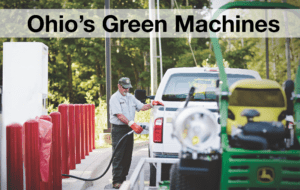OPGA Offering Farmers $1,000 for One Truck, up to $4,000 for Four
Pickup trucks are a farm staple regardless of size of operation. It’s common to see a Ford F-250 truck running around farm acreage.
That same F-250 can run on propane; either as “dedicated propane” (propane alone), or as “bi-fuel” (propane and gasoline). The propane system is liquid injected and performs with the same horsepower, torque and towing rating as trucks powered by gasoline. When run as a bi-fuel, the user simply flips the toggle switch to run from one fuel to another. To run a truck as bi-fuel, it takes a propane conversion kit, running approximately $2,500 depending on make and model of the vehicle. They are easy to install and do not interfere with the vehicle warranty.The advantages of propane are both in overall cost savings and emissions reduction.
Propane costs less than gasoline or diesel fuel as it’s not influenced by market volatility like gas or diesel pricing is. Also, propane’s price per gallon is greatly reduced when you purchase propane during the summer when demand is low. Farmers are encouraged to work with their propane supplier when purchasing propane in bulk as well as installing an onsite propane fueling station for a more efficient farm fleet operation.
From the emission reduction side, propane-fueled vehicles put out minimal carbon emissions as its gasoline and diesel counterpart. With minimal engine carbon buildup, engines last longer. Additional cost savings comes from propane engines not requiring expensive exhaust systems and less overall maintenance (less filter and fluids). The EPA considers propane a clean fuel.





